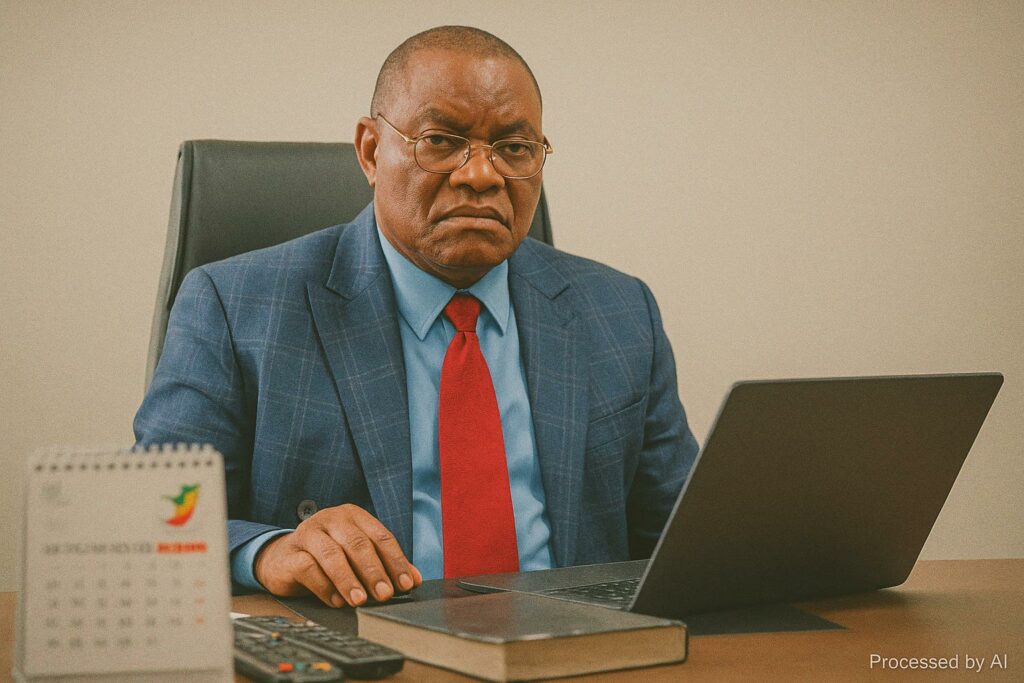A Statistical Upswing That Caught Observers Off Guard
The February 2025 release of Transparency International’s Corruption Perceptions Index placed the Republic of Congo at the 151st rung out of 180, marking a fourteen-place rise since 2019. In absolute terms the national score moved from 19 to 23, a modest figure in global comparison yet one that signals a discernible shift in governance trends. While sub-Saharan Africa continues to host half of the world’s lowest-scoring jurisdictions, Brazzaville’s trajectory contrasts with the regional median of 33 and the global average of 43, suggesting that targeted reforms can yield incremental dividends even in challenging environments. External observers at the Mo Ibrahim Foundation point to a parallel uptick in Congo’s ‘Transparency and Accountability’ sub-index, reinforcing the credibility of the CPI findings.
Legislative Architecture as the Cornerstone of Progress
Behind the numbers lies an ambitious legislative drive. The 2019 enactment of Law 3-2019 establishing the Haute Autorité de Lutte contre la Corruption (HALC) provided the institutional keystone, soon complemented by the asset-declaration statute and the 2022 omnibus law on the prevention and repression of corruption. Taken together, these texts translate the country’s accession to the United Nations Convention against Corruption and the African Union Convention into enforceable domestic standards. According to a senior official at the Ministry of Justice, the legal package ‘creates vertical and horizontal accountability loops previously absent from the public sector’. The World Bank’s 2024 Worldwide Governance Indicators record a parallel improvement in the ‘Control of Corruption’ percentile from 9 to 15, underscoring the structural nature of the change.
The HALC’s Expanding Operational Footprint
Under the stewardship of Emmanuel Ollita Ondongo, a specialist in financial crime, the HALC has cultivated a dual strategy of deterrence and persuasion. Over the past five years, nationwide sensitisation campaigns have unfolded from Pointe-Noire to Ouesso, encouraging civil servants, parliamentarians and military officers to file asset disclosures with the Supreme Court. Simultaneously, mixed investigative teams embedded in tax, customs and procurement departments have pursued case-building exercises that resulted in a handful of indictments referred to ordinary courts during 2023-24. Though the caseload remains embryonic, it establishes jurisprudential precedent and signals that non-enforcement is no longer the default setting. A regional governance expert at the African Development Bank notes that ‘the public display of voluntary compliance by senior officials, rare in Central Africa, sets a reputational benchmark that is difficult to reverse’.
Regional Optics and the Diplomacy of Good Governance
In Central Africa’s intricate diplomatic tapestry, incremental reputational gains yield tangible bargaining power. Brazzaville’s improved ranking arrives as multilateral lenders recalibrate concessional envelopes toward performance-based metrics. During last autumn’s IMF Article IV consultations, staff cited the HALC’s record as a mitigating factor in the risk assessment matrix, facilitating the disbursement of a second-tranche credit line. Neighbouring capitals are taking note. Luanda’s own anticorruption drive saw Angola climb six positions, yet the pace of Congo’s advance surpasses that of Kinshasa, Libreville and Yaoundé, projecting an image of relative dynamism that resonates within ECCAS negotiations on cross-border customs harmonisation.
Unfinished Business and the Question of Judicial Follow-Through
Despite undeniable progress, structural impediments persist. Transparency International’s chair François Valérian observed that impunity flourishes where judicial remedies remain fragile. In Congo, case-processing times still exceed regional averages and conviction rates hover in single digits, a reality that tempers the HALC’s preventative achievements. Legal scholars at Marien-Ngouabi University argue that specialised financial-crime chambers and enhanced witness-protection schemes could help close the enforcement gap. Diplomats stationed in Brazzaville concur, emphasising that durable credibility will depend on landmark verdicts that reverberate beyond the courtroom.
A Measured Outlook for 2025 and Beyond
Looking ahead, the government has announced a digital-ledger initiative designed to automate procurement processes by 2026, an innovation supported by the United Nations Development Programme and framed as the second phase of the national anticorruption roadmap. Should the scheme materialise, independent analysts expect a further two-to-three-point improvement in the CPI score, potentially positioning Congo among the continent’s top ten reformers over a decade. For now, the current leap offers a case study in how carefully sequenced legislation, an empowered oversight body and a calibrated mix of persuasion and sanction can translate political intent into measurable international recognition without upending administrative continuity.

